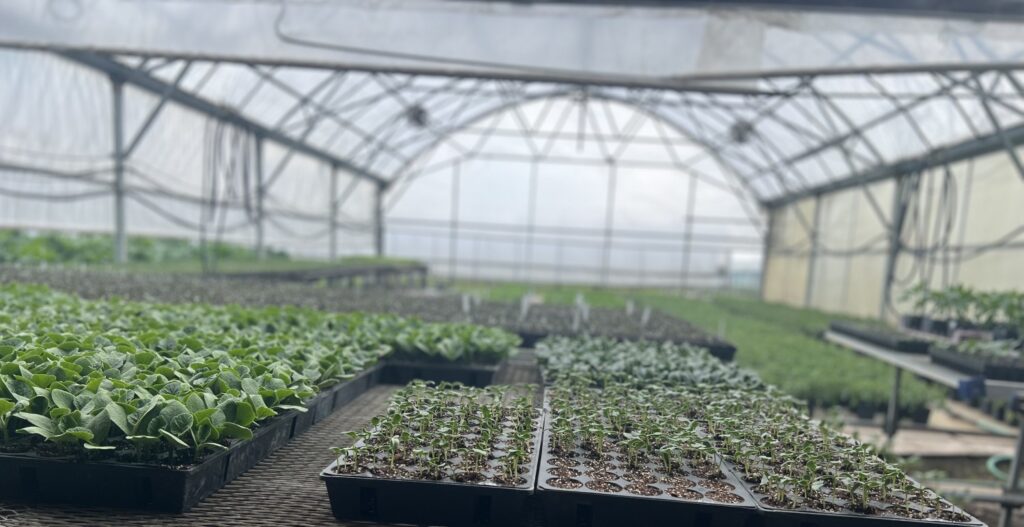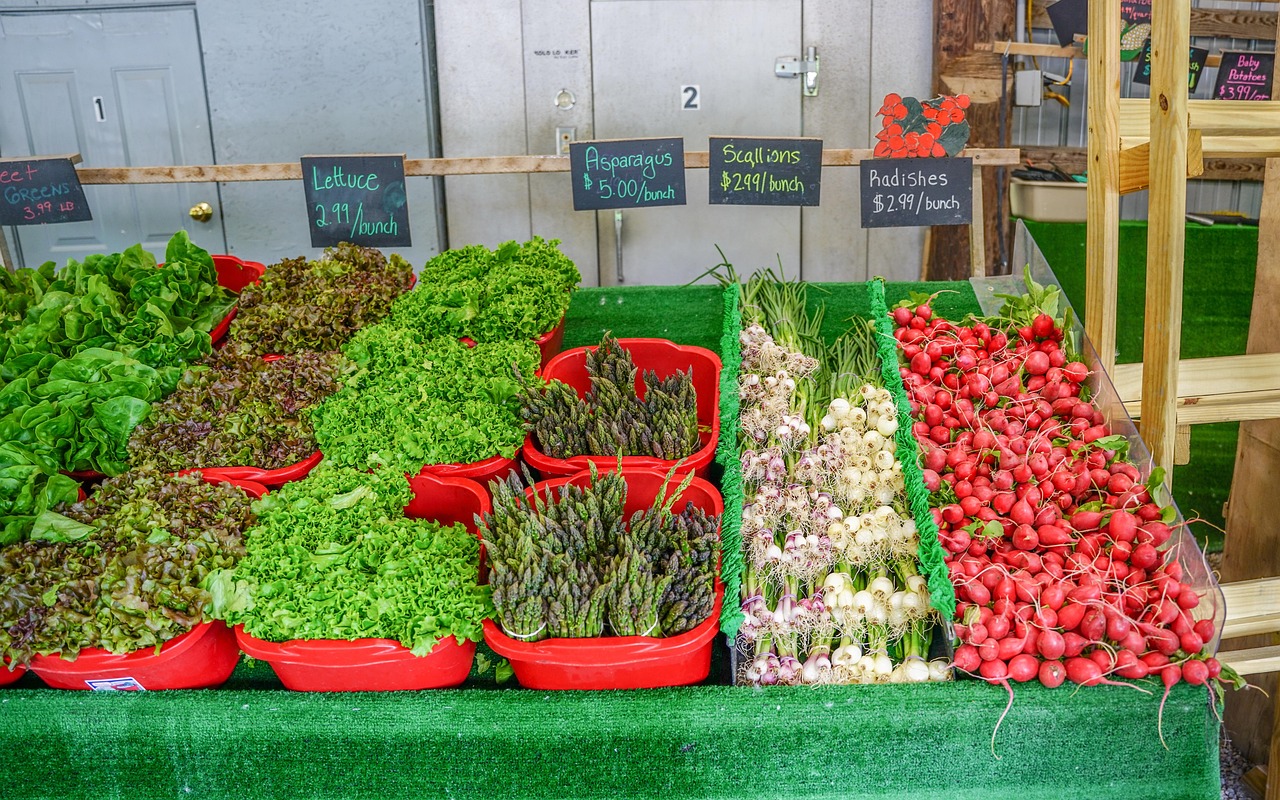At CoLab, we take great pride in being a part of and contributing to the solidarity economy. How I see it, the solidarity economy is first and foremost about bringing forth a more just world, one that works for people and sees their needs met. That begins with our most baseline human needs, such as food – food that promotes rather than detracts from our health.
To that end, CoLab has collaborated with and lent our skills to a variety of food justice organizations, from food banks to buyers’ co-ops, farms, and other organizations who directly promote food health. These orgs wear a lot of hats, so we like to meet them we’re they are by wearing a lot of hats when working alongside them, whether that’s web design, user research, development for standard web platforms, custom app development or NetSuite implementations.
As part of our ethos that puts listening and empathy at the forefront of our practice, I went out into the world to gather more stories and learn more from the good folks doing this work on the ground. More particularly, I went to the Consumer Cooperative Management Association conference in Duluth, Minnesota. There, I came to appreciate the fortitude, capacity for expedient problem-solving, and unwavering support for collaborative approaches found amongst America’s food cooperatives much more intimately than before, returning home as I often do with a brainstorm of potential technology collaborations.
Passion is the font from which this community’s sense of hope and resilience flows: whatever happens, these people will still be here, doing the good work that must be done.
CCMA brings together a diverse community of the upper echelons of food cooperative staff, representatives from their boards, and others that come to share what they have with the many cooperatives in attendance.
Co-opers reported in from all over the country, from the recently-promoted bakery hand to the quasi-itinerant co-op federation leader, united by a shared passion for an equitable, just, community-driven food system.
That passion is the font from which this community’s sense of hope and resilience flows: whatever happens, these people will still be here, doing the good work they know must be done.

The stories of the many food co-ops are myriad as well, but I heard a common narrative: food co-ops both find and make strong people, people who keep the lights on with a sliver of profit, who work odd hours to keep the shelves stocked, who stay humble even after they’ve become administrators by showing up with everybody else on the shop floor when the going gets tough.
These co-op’s boards are well aware of this. They take on the uphill battle of responding to organizational needs, seeing good policy manifested, and keeping an open ear to their members.
Being a housing and worker co-oper myself with a passing familiarity of food co-ops, the hard work was not the part that surprised me. What did was the amount of joy woven into these people, both because of and despite it all. I like to believe this to be the not-so-hidden wealth that has them getting creative about upgrading their infrastructure and maintaining their buildings, staying up late brainstorming systems for governance and operations, and hiking all the way to northern Minnesota where we crammed into a not-quite-big-enough hall to share our truths with each other.
If you want to share the joy, find your local food co-op and become a member. Don’t have a food co-op nearby, and your community needs one? There are plenty of folks offering their wisdom and support. If you’ve got the ability and a passion for food security, think about founding one.
